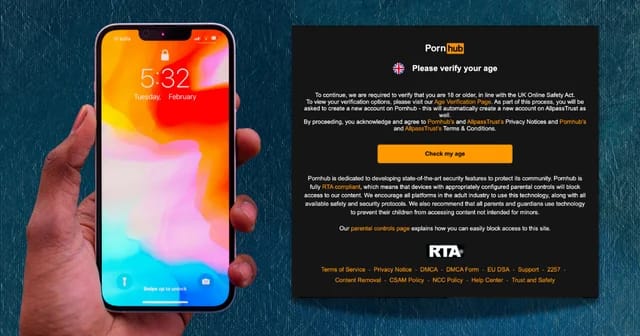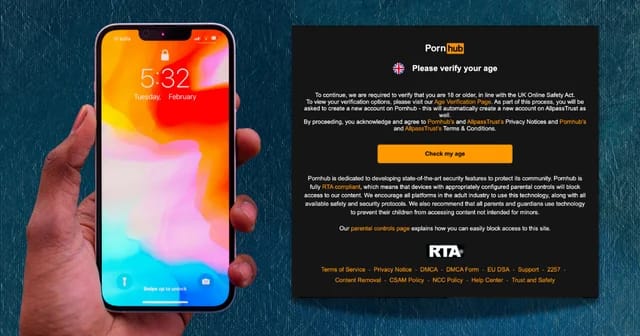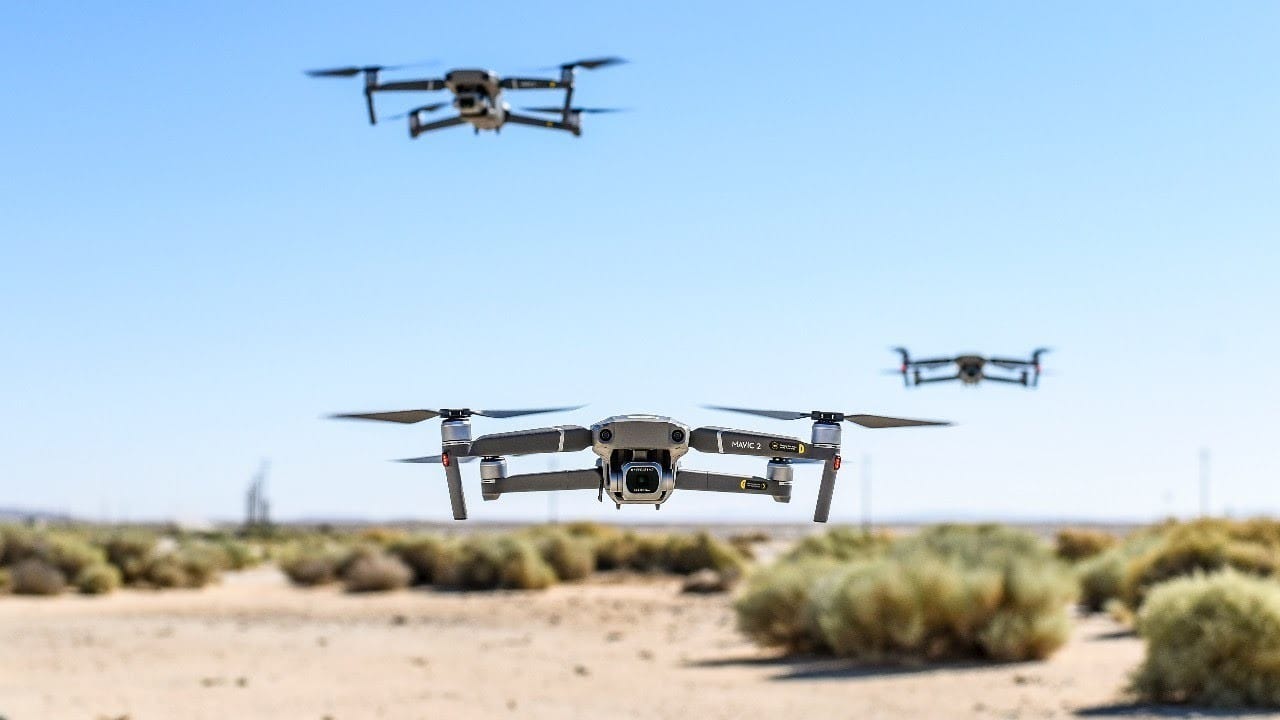- Bunce
- Posts
- Machines of death
Machines of death
Britain ditches Britcoin as teenage boys shed a single silent tear


Good morning, you glorious beasts.
Do not adjust your VPN. We’re still considered ‘decent’, for now.
(just don’t open any attachments we send you in the wee hours).
— Ed & Joe
PAYMENTS
No one cares about Britcoin anymore

Particularly the Bank of England (BofE), even though they were the nutters who spent millions on developing a digital twin of the pound. Because:
There isn’t much need now
The BofE came up with the idea because they thought they’d lost control of the money supply via online payments.
Like all Central Bank Digital Currencies (CBDCs), Britcoin was to be issued directly by the BofE, cutting out the middleman banks.
But apparently commercial banks can track money much better these days, removing one of the key selling points of CBDCs.
Britcoin was also incredibly unpopular
Because critics saw it as a recipe for tyranny. CBDCs give central banks a transparent record of exactly who’s spending what.
With everything centralised, it would theoretically be much easier for Starmer to freeze your assets and control your spending (or lack thereof) on a whim.
Which is what happened in China
China launched a CBDC - a digital yuan - a few years back, and beyond using their shiny new toy as a means of keeping tabs, they’re influencing real-world outcomes.
To encourage spending post-pandemic, the government gave recipients just weeks to spend stimulus money before it expired.
And the system is woven in with China's social credit scores - citizens with low scores can’t use their digital wallets for basic services like metro travel.
Plenty didn’t fancy that for the UK.
Other countries are abandoning CBDCs too
Australia and Canada, to name a few.
There are 49 pilots going on all over the world right now. I have a feeling a few will follow suit.
COMPLIANCE
Everyone’s getting a VPN

Because the government’s new Online Safety Act has finally become law.
According to Proton VPN, the number of Brits signing up to VPNs increased 1,400% since July 25.
Tenacious young men are not so easily thwarted.
Notwithstanding the VPN-ers, it seems the verification hoops themselves don’t pass muster.
One Reddit user had their age confirmed by submitting a photo of Brad Pitt. Another got verified by uploading a photo of a character from a video game.
It’s also a hacker’s wet dream
Because the third-party verification platforms being used are frequently hacked.
Before rushing to upload your ID/selfie to a site of your preference, regale yourself with the example of the Tea app - a women's-only "digital whisper network" - breached just this week.
Hackers stole 13,000 selfies that women used to verify their identities. Everything was then uploaded to 4chan. Unhappy day.
STARTUPS
Machines, death and machines of death

These are the primary targets of VC funding in Britain, according to data compiled by Sifted.
Investors are either hedging their bets on things that destroy us, heal us, or fuel the march of the machines.
Defence funding basically doubled in the space of a year
Up to €157 million. But that’s only half the story.
American, German and Portuguese drone startups are all setting up shop in Blighty.
All while the government is pouring £400 million into defencetech startups.
On the flipside:
Healthtech racked up the most investment by far
A glorious €1.8 billion.
Much of this number, though, is due to a few mega rounds on the shoulders of the DeepMind spinoff Isomorphic Labs, and the weight loss drug maker Verdiva Bio.
But startups building AI products have the most deals
Having raised €642 million in the first half of the year, up from €198 million last year.
This includes the likes of Synthesia and Eleven Labs.
It’s nice to know VCs have their priorities in order.
NEWS BITES
This just in…
🛰️ 🫢 Weeklong disruption to satellite navigation could cost Britain £7.6 billion. Which is why British startup Spaceflux just received more money - £5.4 million. It monitors satellites and space debris via optical sensors and AI, and it’s already used by the Ministry of Defence, and the UK Space Agency. It’d be grand if someone developed the same thing for the crap piling up in our streets. A girl’s gotta dream.
🚜 📉 Family farms are shrinking at the fastest rate on record. According to the ONS, 6,365 agriculture, fishing and forestry businesses closed shop since Labour removed inheritance tax relief on farms, but only 3,175 have started - a huge net loss. The government continues to claim this has been a roaring success. If they were a CEO, they’d have been fired by now.
🥳 👮♂️ The government is protecting partying with the new National Licensing Policy Framework, which will protect music venues from noise complaints, fast-track permission for longer opening hours and street parties. This will mainly come by taking that power away from local councils.
💰️ 🦹♀️ A Welsh accountant stole millions from her clients. Instead of paying various third parties on their behalf, she redirected £2.4 million to crypto and gambling binges. Suspicions were raised but no one noticed, and she resigned nobly. She was only caught because she called them up about her severance pay and passed on card details that looked suspiciously like some of those third parties she’d been paying.
🤖 🛍️ The world’s first AI model will be used in Vogue’s print edition this August. The AI model, developed by a company called Seraphinne Vallora, is a standard flawless blonde, and the fashion world is up in arms, particularly plus-sized models worried about the reinforcement of unattainable beauty standards. Seraphinne Vallora said they’re not ready to create plus-sized models: “The technology just isn’t ready for that.”

Was this email forwarded to you? Subscribe here for UK business news, unboringed.